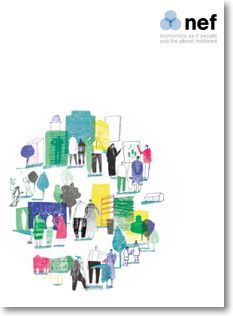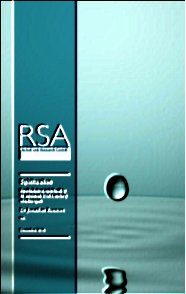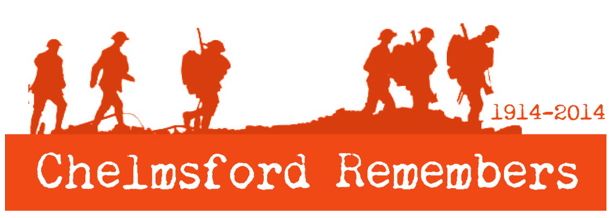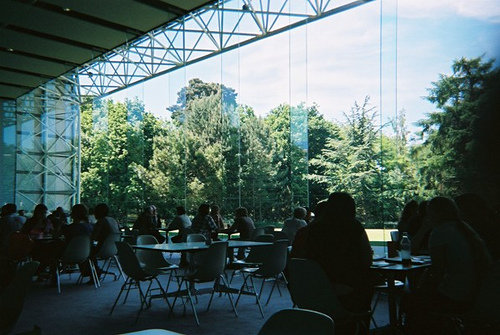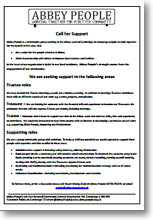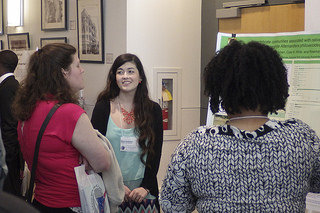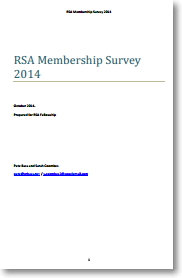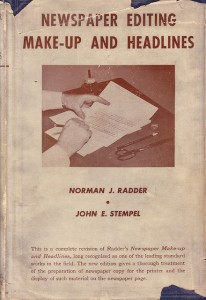(Image: Alberto Giacometti, with his work)
A visit to Sainsbury Centre on Friday 20th February, 2015
We had a group of seventeen fellows and friends who met up for the visit. We congregated at 10.30 for complimentary tea and coffee at the Modern Life café and then we were taken off by three guides to explore the Centre. We began with the Permanent exhibition on the ground floor and then after a short break proceeded to the basement exhibition areas to view the Reality exhibition, which was outstanding.
Curated by artist Chris Stevens, REALITY brings together over 50 works celebrating the strength of British painting with some of the best and most influential artists of the last sixty years.
The Sainsbury Centre is one of the most prominent university art galleries in Britain, and a major national Centre for the study and presentation of art.
It houses the extraordinary art collection of Robert and Lisa Sainsbury, as well as the Anderson Collection of Art Nouveau and the University’s Abstract and Constructivist Collection. Alongside these permanent collections, there is a range of temporary exhibitions, with new galleries providing the largest climate-controlled exhibition space in Eastern England. Also on offer is an award-winning learning programme of gallery talks, lectures and art workshops. (See the programme of lectures, symposia and training here).
The Collections at the Sainsbury Centre for Visual Arts represent some of the most remarkable works of art assembled in the UK. The Robert and Lisa Sainsbury Collection features work spanning 5,000 years of human creativity. The presentation of art from across time and place continues to inspire and surprise and uniquely presents art as a universal global phenomenon.

The Robert and Lisa Sainsbury Collection
Permanently displayed in the Living Area Gallery, the collection includes major holdings of art from Oceania, Africa, the Americas, Asia, the ancient Mediterranean cultures of Egypt, Greece and Rome, Medieval Europe, and including a significant number of works acknowledged as seminal examples of European modern art. Pablo Picasso, Edgar Degas, Francis Bacon, Jacob Epstein, Henry Moore, Alberto Giacometti and Amedeo Modigliani are all represented in the collection.
The Lisa Sainsbury Ceramics Collection
Although not formally part of the Robert and Lisa Sainsbury Collection, the Lisa Sainsbury Ceramics Collection represents a major collection of 20th century studio ceramics, including a significant body of work by Lucie Rie and Hans Coper.
The Sainsbury Abstract Collection
The Sainsbury Abstract Collection includes paintings from the post second world war Ecole de Paris with a strong preference for lyrical abstraction and Tachisme, art movements that flourished in France from 1945 to 1960. Notable artists included in the collection are Jean Fautrier, Charles Maussion and Mubin Orhon.
The Anderson Collection of Art Nouveau
Alongside the Robert and Lisa Sainsbury Collection sits another principle collection; The Anderson Collection of Art Nouveau, donated in 1978 by Sir Colin Anderson, a close friend of Sir Robert and Lady Sainsbury. The collection represents artists working across a range of disciplines and materials such as glassware and furniture, metalware and jewelry. The collection includes pieces by leading exponents of Art Nouveau such as Louis Comfort Tiffany, Emile Gallé and René Lalique.

The University Collection of Abstract and Constructivist Art, Design and Architecture was established by the University in 1968. This Collection concentrates on the non-objective, constructive and concrete art movements of the 20th century and the related fields of architecture and design, such as the English Vorticists, the Russian Suprematists and Constructivists, the Dutch De Stijl Group and the German Bauhaus School.
All who attended enjoyed getting to know each other and spoke of possibly another visit soon. It was very much enjoyed by all and many used their ticket to linger longer in the afternoon. Also, a new Francis Bacon exhibition is coming soon. The Francis Bacon paintings are currently at the State Hermitage Museum in St Petersburg and will return for the Francis Bacon and the Masters exhibition in April.
Possibly another day out!
Christine O’Hanlon FRSA
(Public domain images are for illustrative purposes only – they do not seek to represent the collections in the narrative about this visit).

